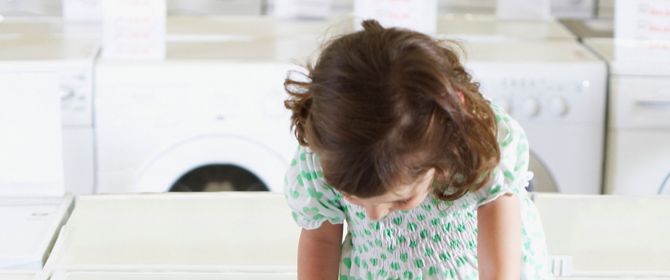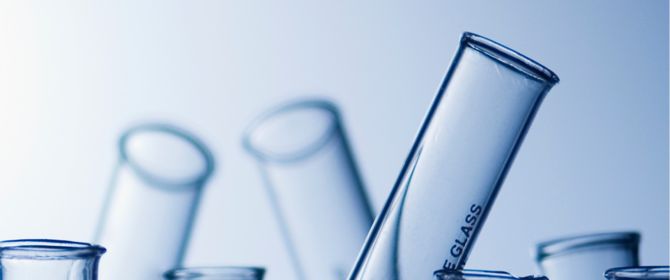Chemical Tax in Sweden - KPMG's information portal
Chemical Tax in Sweden - KPMG's information portal
This page offers news and detailed information concerning the Swedish Chemical Tax.
This page offers news and detailed information concerning the Swedish Chemical Tax.
Does your business buy or sell electronic products in Sweden?
Chemical Tax capture two categories of products, white goods and other electrical goods (such as computers, tablets, televisions, phones, game consoles and routers).
What is taxed and how?
The six digit customs code determines if a product is in-scope. The tax is calculated based on the net weight of the product. The net weight is the weight of the product without packaging. As from January 1, 2022 the tax rate is 11 SEK/kg for white goods, and 166 SEK/kg for other electronics. The maximum tax per product is limited to 457 SEK.
Who has to pay Chemical Tax?
Chemical Tax is due from any business that manufactures in-scope goods in Sweden, or brings in-scope goods into Sweden from elsewhere in the EU, or from outside the EU via import. There is an option to register as a warehouser (Sw. Lagerhållare), which may shift the responsibility for Chemical Tax accounting to a party further down the supply chain.
Normally, when a non-warehouser brings in-scope goods into Sweden from another EU-country, the tax is due 5 days after the goods has been received. However, there is an option to register as registered recipient (“registrerad mottagare”). A registered recipient that brings in-scope goods to Sweden from another EU-country may report Chemical Tax on a monthly basis.
How can you get a deduction from the Swedish Chemical Tax?
There is a possibility to obtain a reduction in the amount of Chemical Tax due where in-scope product contains low levels of the potentially dangerous chemicals. Two deductions are available, either 50% or 90%. These depend on the proportion of certain bromine, chlorine, and phosphorous compounds that are included within any circuit boards or plastic parts that are a part of an in-scope product.
Make sure that you have supporting information proving your right to the reduction, for example:
- Declarations of contents or other documentation for the products showing what substances they contain.
- Certificates from the manufacturer of the products stating that they do not contain the substances concerned.
- Laboratory certificates showing what substances they contain.
What does the warehouser system involve?
A warehouser registration changes the Chemical Tax accounting point to the time of sale of in-scope goods to a non-warehouser, and allows for reporting on a monthly basis. Because warehousing can impact who bears the responsibility reporting and paying Chemical Tax, it can lead to significant complications in relation to supply chains of goods.
Ulrika Badenfelt
+46 72 368 85 80
ulrika.badenfelt@kpmg.se
Anders Edlund
+46 73 867 84 45
anders.edlund@kpmg.se
© 2024 KPMG AB, a Swedish Aktiebolag and a member firm of the KPMG global organization of independent member firms affiliated with KPMG International Limited, a private English company limited by guarantee. All rights reserved.
For more detail about the structure of the KPMG global organization please visit https://kpmg.com/governance.
Kontakta oss
- Våra kontor kpmg.findOfficeLocations
- kpmg.emailUs
- Sociala medier @ KPMG kpmg.socialMedia
Skatt på kemikalier i viss elektronik – “Chemical Tax”
Peter Sanderson's article in Svensk Skattetidning about the Chemical Tax.










